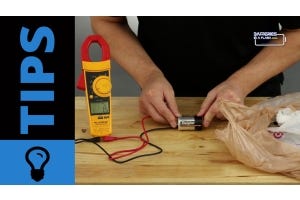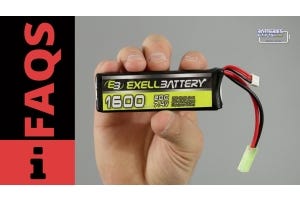Features to Consider when Purchasing a Digital Camera

Every person frantically scours the Internet for a list of the top digital cameras when considering buying one. There are several sites that offer reliable reviews from experts, laying their claims to the "who's who" in digital cameras at the moment. These lists are helpful to some extent, but they change faster than the seasons, as new and improved products are released. Although these reviews can offer some good ideas and suggestions, it is important to keep in mind that the definition of the best camera depends on the photographer them-self, and what they are trying to accomplish. Instead of relying on other people's opinions, it might be better to take the different features that digital cameras offer and explore them individually. Once you know exactly what you are looking for, then it will be easier to determine which digital camera can provide the specific features you require.
Lens
Depending on what projects you will be using the camera for, what to look for in a lens will vary. The first step in taking clear and focused pictures is to make sure you have a good lens. You can alter the settings, but without a quality lens, pictures will never turn out to their full potential. To ensure you attain the right lens, describe the types of projects you plan to capture to a professional and they will be able to help you understand different lens specifications and decide which type of lens will best fit your needs.
Flash
Look for digital cameras with built-in automatic flashes. Having one that offers red-eye reduction is optimal for animal or human photography. If lighting conditions and activity levels are variable, it is best to look for cameras that have flashes offering slow sync, forced flash or adjustable illumination. When more power is needed than what a built-in flash provides, an external flash unit is the best solution.
Viewfinder
The viewfinder is the small “porthole” on top of the camera in which you can see the reflected image that will be imprinted on the sensors. The viewfinder is essential in accurately determining what shot you are about to capture. Most digital cameras also come equipped with an LCD that frames your shot in a screen. If you prefer to use the LCD screen to take your pictures, be sure to find one with more dots (measurement of LCD resolution) to have a truer idea of your what you are about to capture.
Sensors
Digital cameras use CMOS or CCD sensors, which capture the light after it passes through the lens. These sensors have sensitive pixels that determine the resolution of the photo. If there are more pixels, the resolution is higher. This is a matter of personal preference, but people who desire photos that are professional quality should choose cameras with bigger sensor sizes.
Battery Life
The battery life of a camera could be one of the most important considerations in particular cases. As some will be using their camera on long outings, it is important to pick a device that is guaranteed to last throughout the entire trip. Shoppers have the choice of buying cameras with lithium ion, nickel-metal hydride or alkaline batteries. While alkaline batteries are easy to find, they do not last very long and must be replaced frequently. Professionals and people who use their cameras for long periods of time should look for rechargeable nickel-metal hydride or lithium ion batteries. It is also helpful to buy one or two spares so the batteries can be swapped out quickly without interrupting photography projects or jobs.
Ultimately, buying a top quality digital camera requires some knowledge of what you’re looking to get out of a camera, along with some research into your available options. Once you figure out what type of photographer you are, take these features into consideration when searching for your perfect camera. Remember that more expensive does not necessarily mean a better camera. Take the specifics of each feature and determine which combinations of each will produce the right camera for you.







